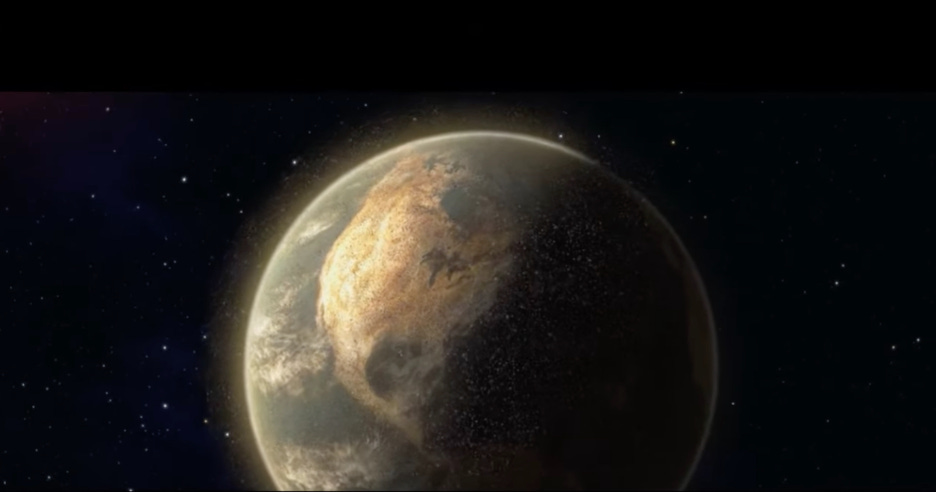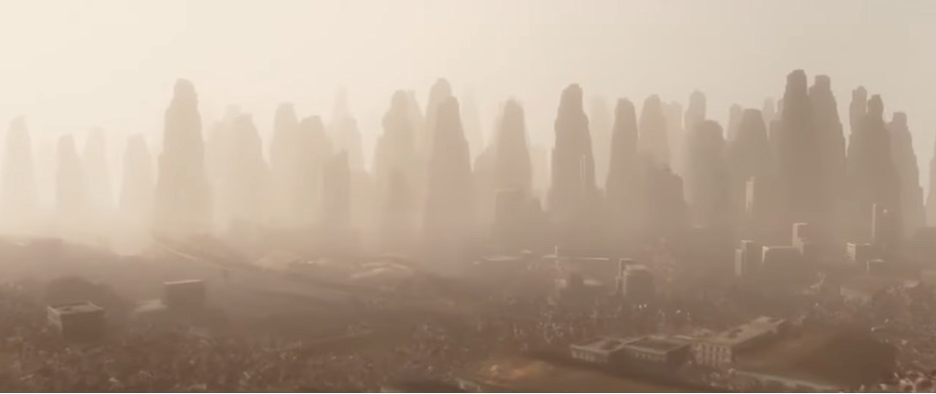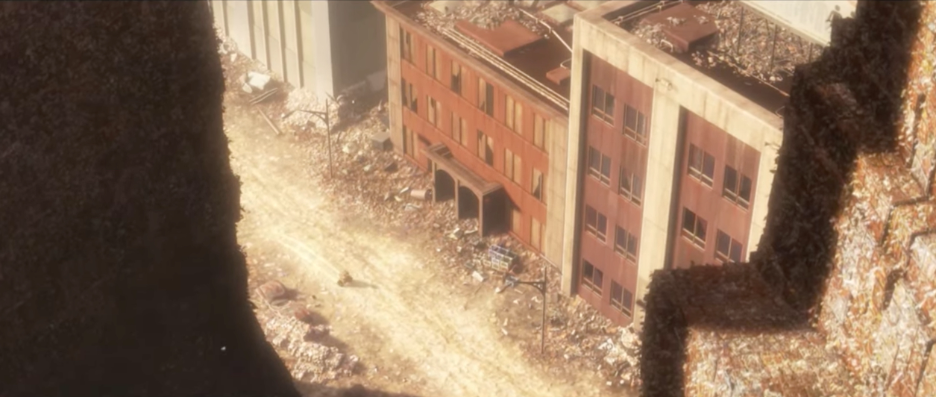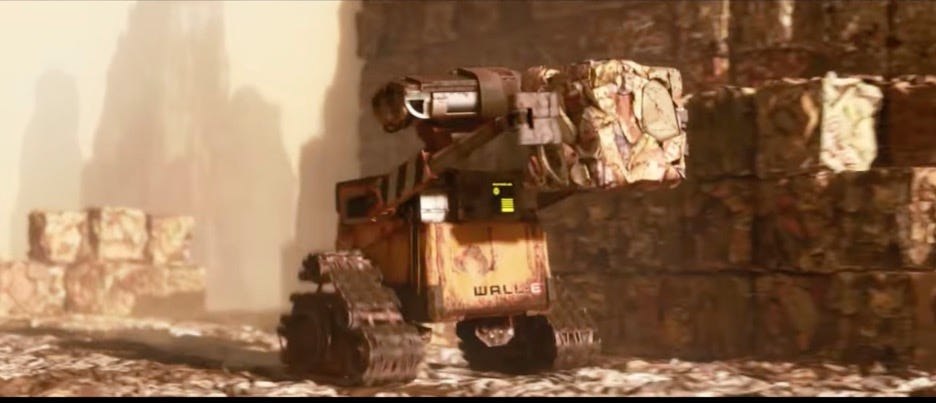“WALL-E”: Are You Listening, Barnaby?
WALL-E
2008 Director: Andrew Stanton
Starring: the voices of Ben Burtt, Elissa Knight, Jeff Garlin, Fred Willard
Perhaps one of the best openings to a film is the one in “WALL-E.”1 Before we see anything, as this animated feature begins, we hear someone say, “Out there, there’s a world outside of Yonkers,” and we realize we are in outer space. He continues singing, “Way out there beyond this hick town, Barnaby; there’s a slick town, Barnaby. Out there, full of shine and full of sparkle. Close your eyes and see it glisten, Barnaby. Listen, Barnaby.” By this point we, the viewers, travel through the galaxy, seeing the stars, then the moon and sun, and eventually the earth.
With the next phrasing of the song, we plummet precipitously toward New York City. This tune, becomes identifiable as “Put on Your Sunday Clothes” from the film “Hello, Dolly!” (1969), sung by Michael Crawford as Cornelius Hackl. But the exciting city Cornelius has been singing about is unrecognizable. We drift above it in a dusty atmosphere, through a maze of ruined skyscrapers, . . . or are they canyons?
Cornelius, a young man in 1890, sings about the thrilling excitement of visiting the big city, seeing its lights, riding through town in “one of those new horse-drawn open cars” and “finding adventure in the evening air.” But the air we see seems unbreathable! There is no excitement in the brown, solitary structures. We can’t have fun—let alone exist here!
Little by little, we continue our descent to this barren location. And the symphonic show-tune now sounds tinny, as if played through a muffled speaker. We also become aware of wind blowing through an arid wasteland as a tiny vehicle maneuvers through some winding roads. And a remaining building is visible among what appears to be enormous amounts of trash. Then we find that the vehicle is actually a robot called WALL-E (Waste Allocation Load Lifter: Earth-Class) assigned to collecting and compacting the trash humanity left behind 700 years earlier. WALL-E is working as he listens to Cornelius’s song.
We soon realize that the world is uninhabitable in this, the 29th century. No humans exist here and only this robot and his pet cockroach reside in these badlands. We come to understand that a thousand years span between Cornelius’s song in the 1890’s and its playback in the 29th century. The excitement and anticipation we hear in his voice is incongruous with the visuals we encounter. His song is paradoxical. We realize that the great city of New York, which in the 19th century had not yet developed its full potential—just like Cornelius—is destroyed and abandoned. And the innocence we hear as Cornelius sings “and we won’t come home until we’ve kissed a girl,” suggests a youthful optimism at odds with the desolation and hopelessness in this landscape.
Futuristic films often come with a warning. This one begins by predicting our own destruction. But it advocates a solution through critical thinking and the avoidance of mass consumerism. It also contains a charming love story. And just as Cornelius stresses to his companion, Barnaby, in “Hello, Dolly!” that he listen, this movie does the same: it admonishes us to listen to its message.
Copyright © 2025 by Rosi Prieto, Ph.D.
All Rights Reserved
A clip of this intro is found here:







